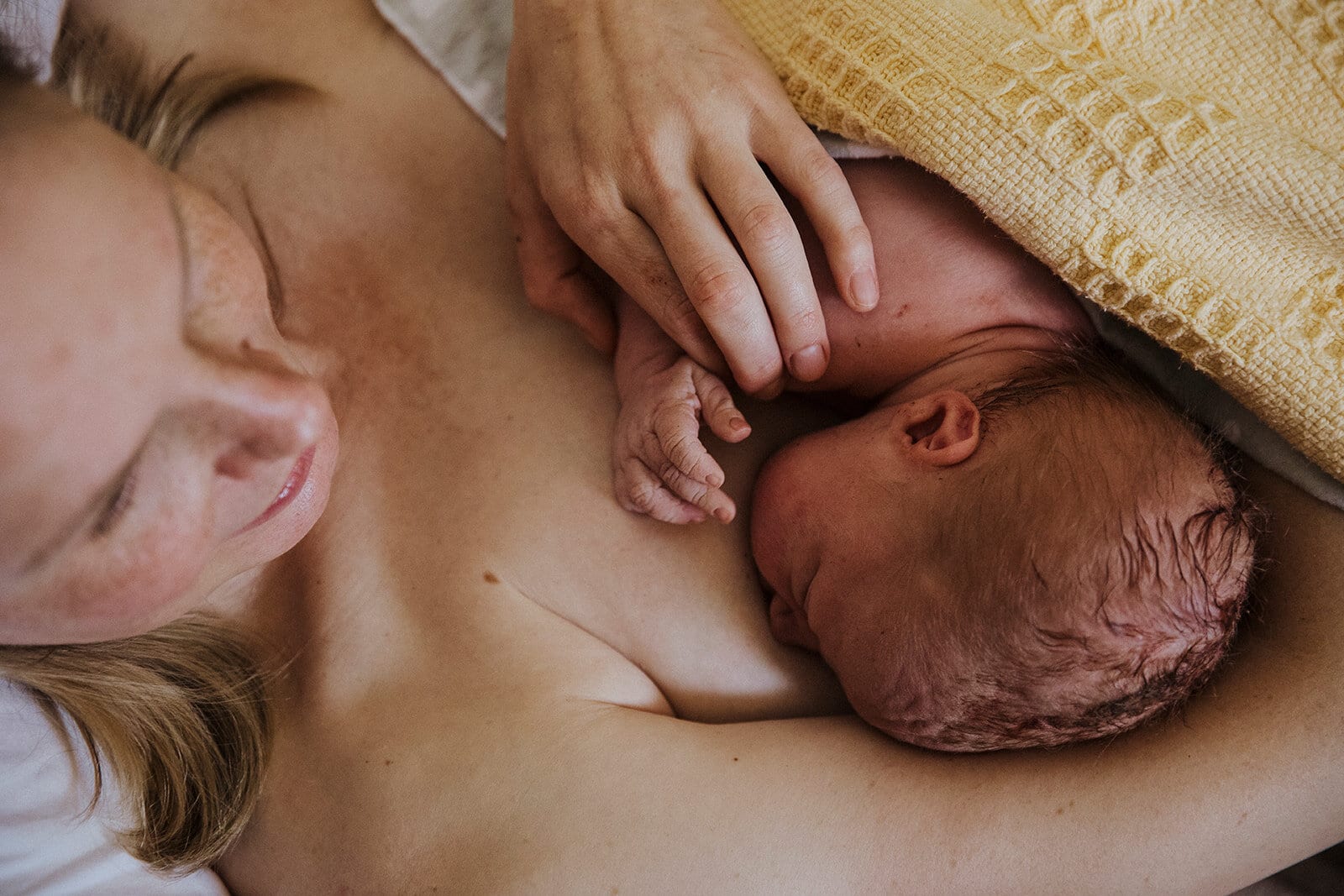Postpartum Everything You Need to Know About “Baby Brain”
Everything You Need to Know About “Baby Brain”
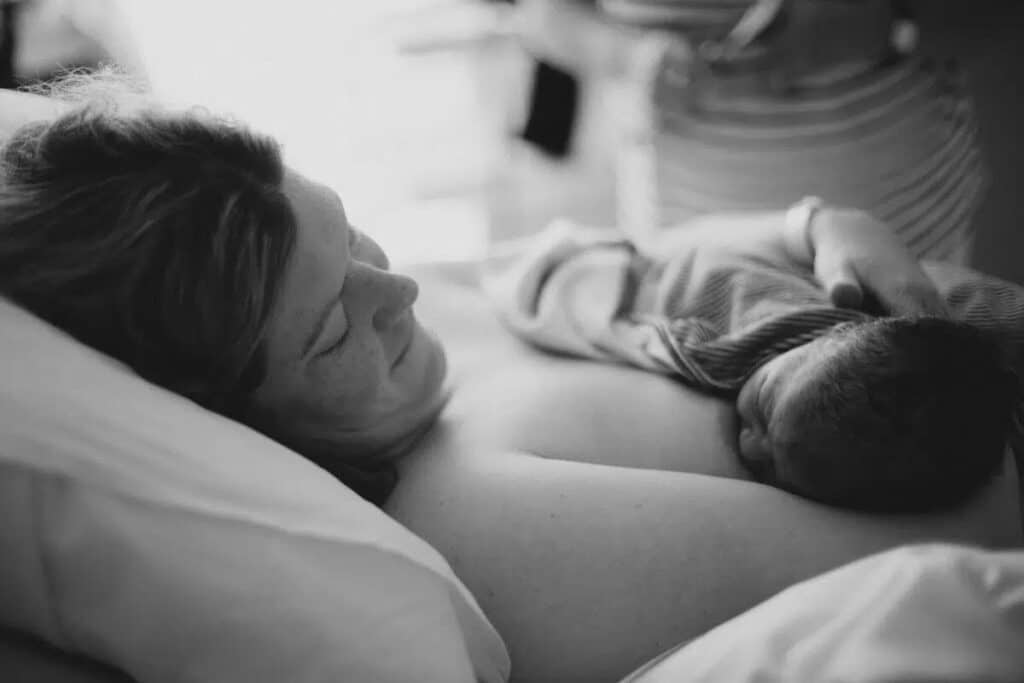
The colloquial and derogatory term, baby brain, has been used for decades to explain the forgetfulness and brain fog of new motherhood. But research proves that the brain in new motherhood is primed for learning.
In 2017, the results from the first study on the brain in pregnancy were published. Three female researchers in Spain designed the study and recruited women who had never before been pregnant. They then took MRIs of the brain before birth and a few weeks afterward. They also scanned the fathers’ brains which helped them better understand if the changes were a result of pregnancy or parenthood. The results showed that the mother’s brain goes through the greatest structural change in response to any experience that any human goes through. The hormone oestrogen is involved in the structural changes in the third trimester which makes new mothers’ brains adaptable, flexible, primed to learn quickly and figure things out.
Here’s five things about the postpartum brain that you’ll find empowering (and definitely not embarrassing):
1. The hormone oestrogen is great for brain health. Oestrogen is a cognitive enhancer, it’s great for brain health and it builds neural resilience. You have sky high levels in pregnancy but you then experience a sudden, significant dip in the first few days after birth and that’s when you have vulnerability to baby blues. You can definitely expect the baby blues – sad, teary and anxious – but if these feelings persist for over four weeks, it’s best to chat to your GP.
2. You’re primed for learning after birth. You don’t automatically know how to mother your baby or understand their cries and cues. Your brain experiences structural changes in pregnancy so that when your baby is born, you are primed to learn. And you learn how to mother every day as you better understand what your baby wants and needs. These structural changes take place in parts of the brain with social cognition, reading social cues, empathy, theory of mind – thinking about what someone else is thinking and feeling. There’s also a correlation between the degree of structural change in pregnancy and the degree of attachment, awareness and engagement after birth.
3. The postpartum brain has a reduction in grey matter. That’s because your brain is rewiring to help you adapt to your role as a mother. The same thing happens in adolescence – a time of significant brain development and maturation. That’s why psychologist Alexandra Sacks uses the term matrescence to describe the developmental transition into motherhood.

Head to boody.com.au/australianbirthstories – you’ll find everything you need for this time in your life and beyond plus a code to enjoy 15% off everything in the edit.
4. Sleep should be prescribed in postpartum. Sleep is one of the greatest protectors we have against postnatal depression but of course, sleep deprivation is one of the most common experiences of postpartum. The hours before midnight are the best for settled sleep so we need to be having more conversations about how families can create opportunities for the mother’s sleep in the fourth trimester and beyond.
5. Non-birthing parents experience brain changes, too. This includes biological dads, foster and adoptive mothers, non-birthing mothers and gay fathers. The change is driven by interaction with the baby.
To hear more about baby brain and the almighty changes in pregnancy and postpartum, listen to episode 386 with neuroscientist, Dr Sarah McKay.
Categories
Related Products
-
Birth Meditations
$49.00Narrated by Sophie Walker, these soothing and informative meditations help you feel supported and confident around birth.
Get your copy of our Perineal Massage Guide in your inbox
Keep Reading
We think you might enjoy these articles
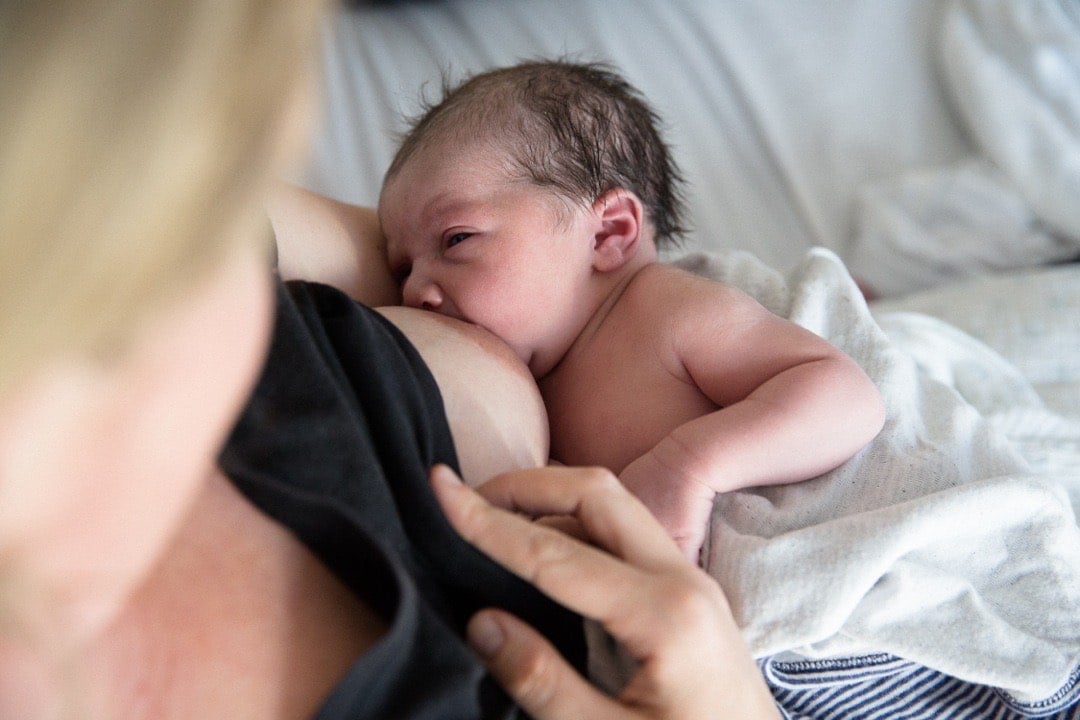
Breastfeeding: What to Expect in the First 72 Hours

Why planning for postpartum is just as important as planning for birth – and how to do it right
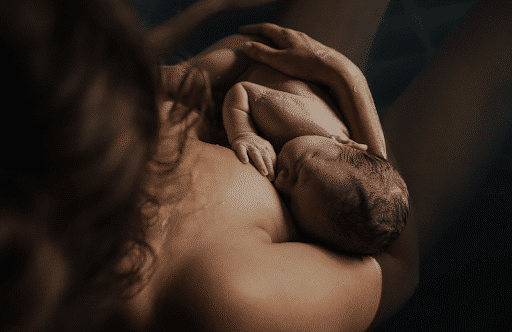
Cracked Nipples: Causes, Treatment and Prevention
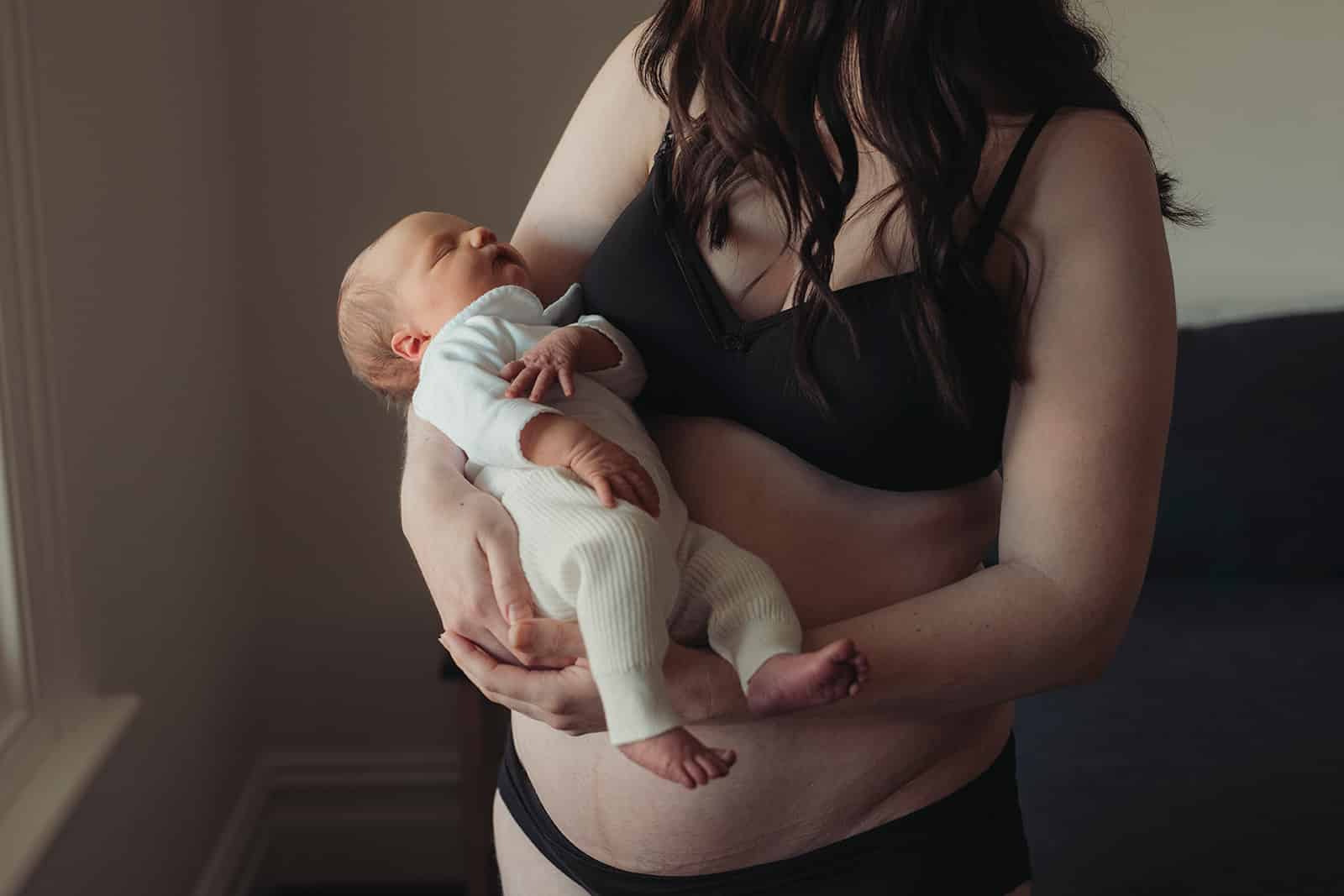
Caesarean Birth Recovery
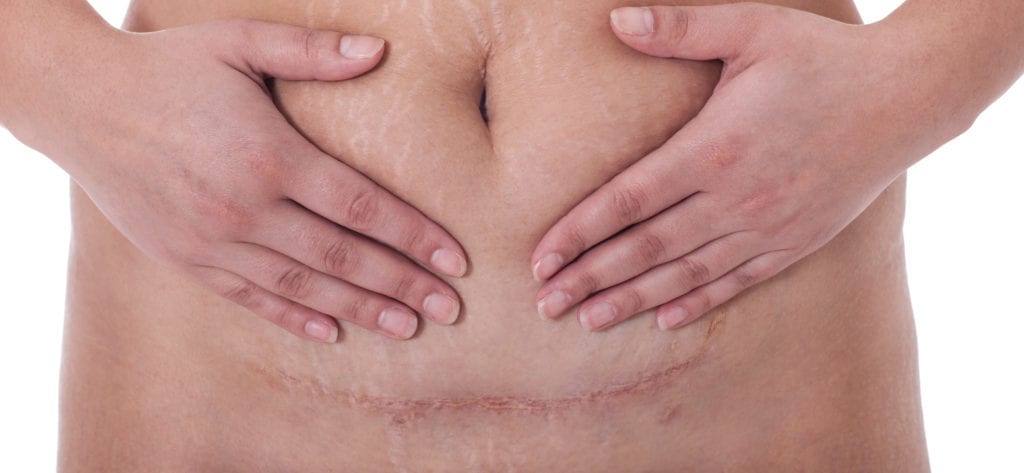
What is a C-Section Shelf?
@AustralianBirthStories
Follow along with us
@AustralianBirthStories
Follow along with us
@AustralianBirthStories
Follow along with us
@AustralianBirthStories
Follow along with us
@AustralianBirthStories
Follow along with us
@AustralianBirthStories
Follow along with us
@AustralianBirthStories
Follow along with us
@AustralianBirthStories
Follow along with us
@AustralianBirthStories
Follow along with us
@AustralianBirthStories
Follow along with us
@AustralianBirthStories
Follow along with us
@AustralianBirthStories
Follow along with us


